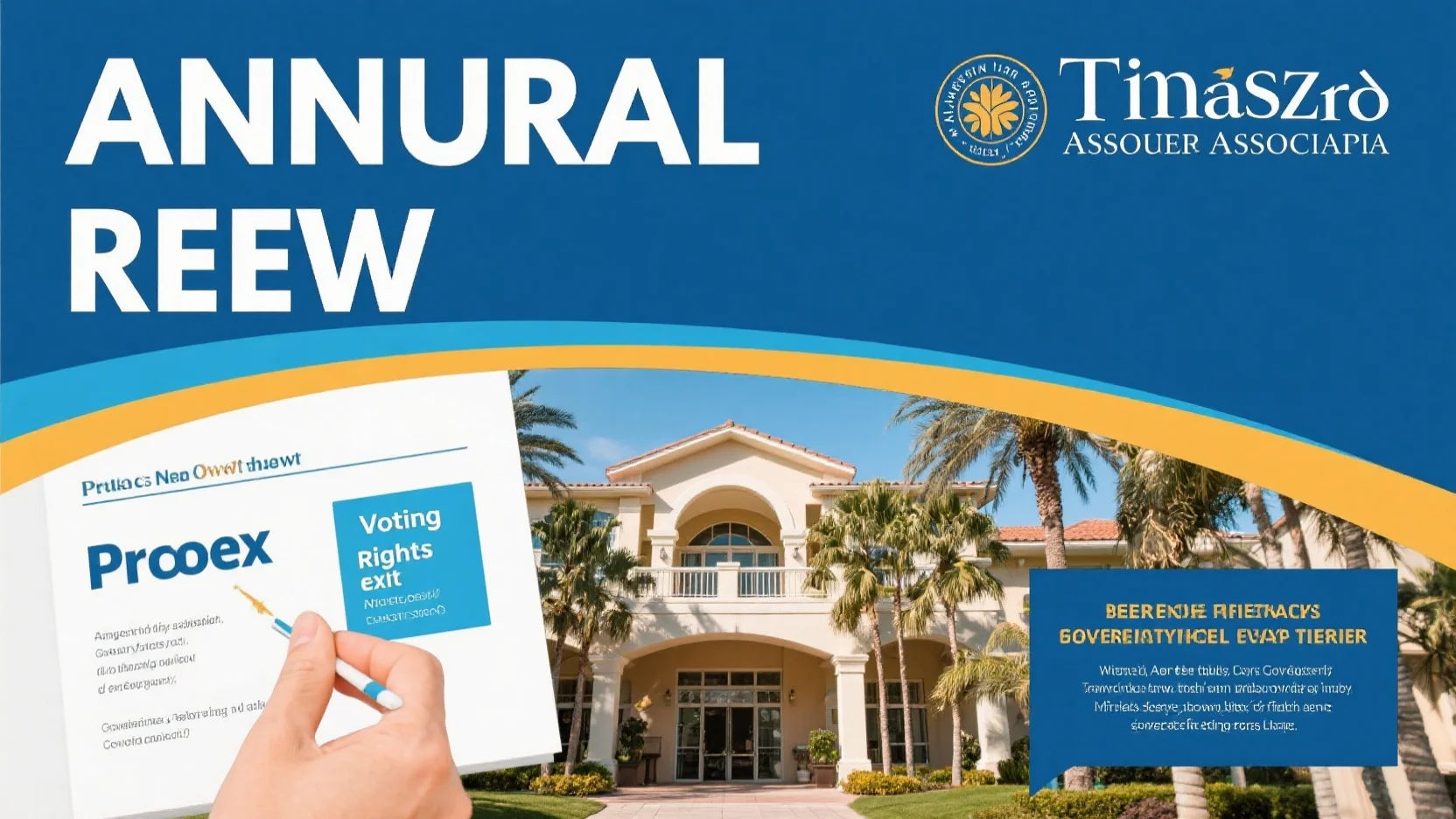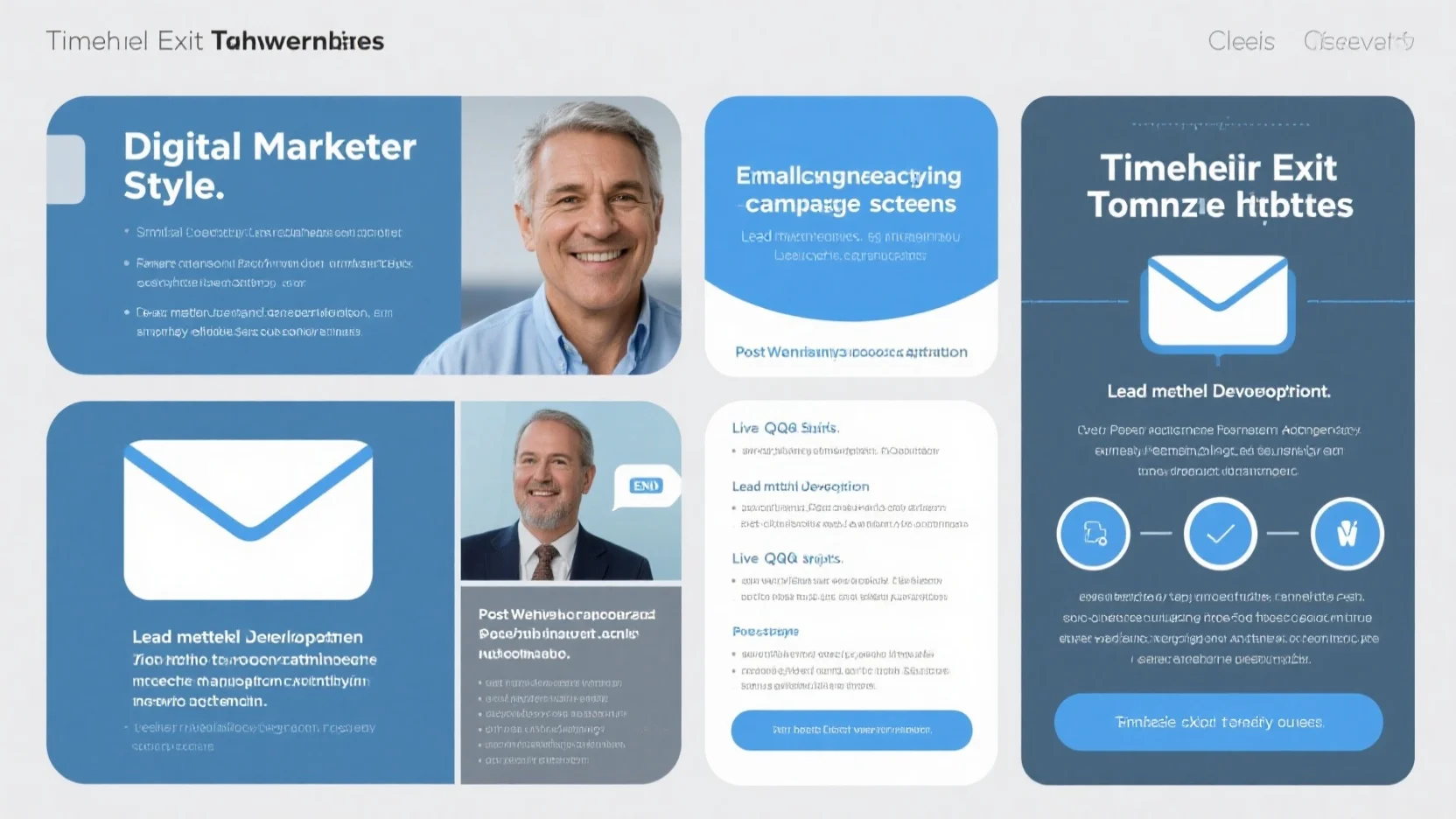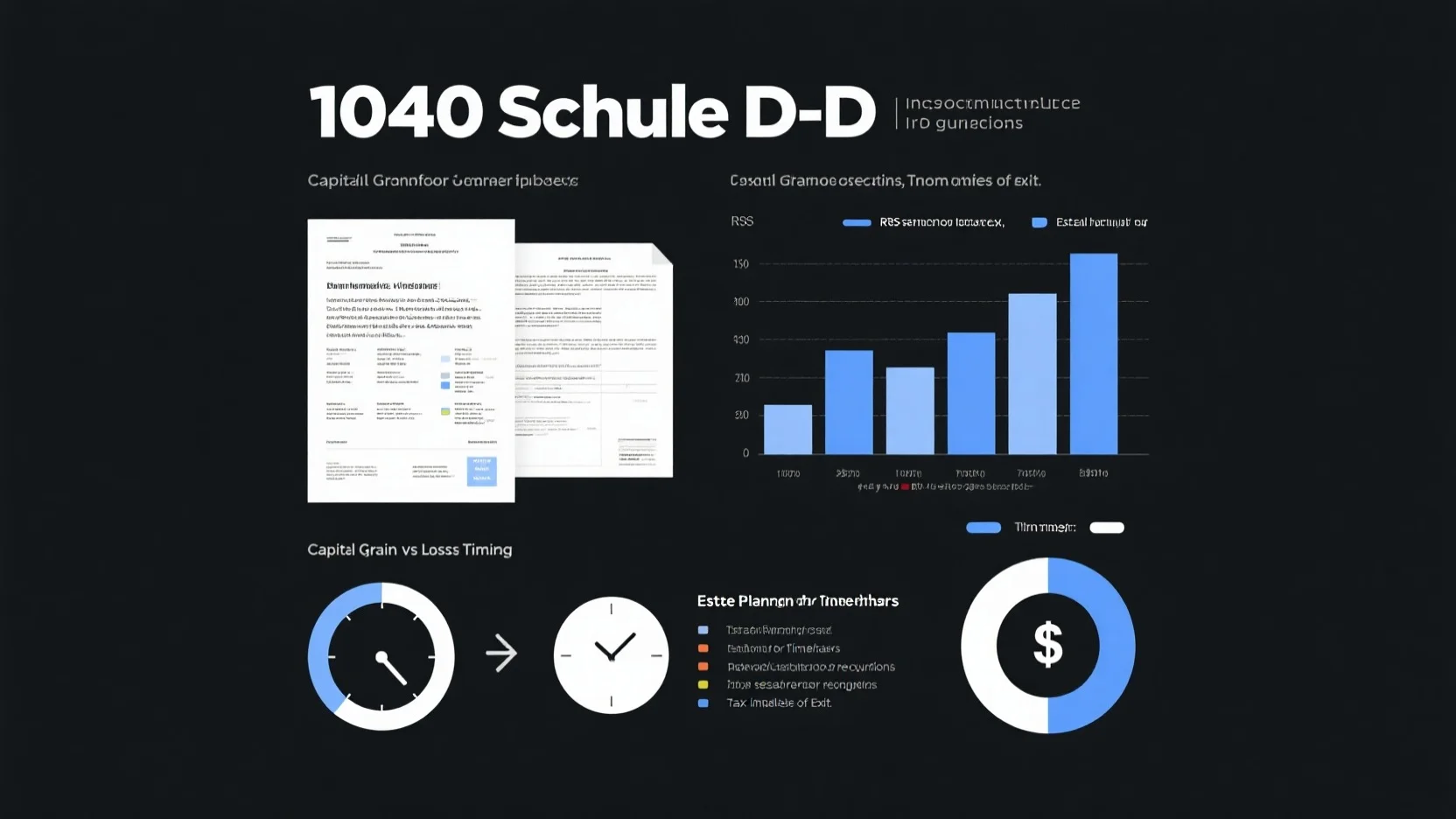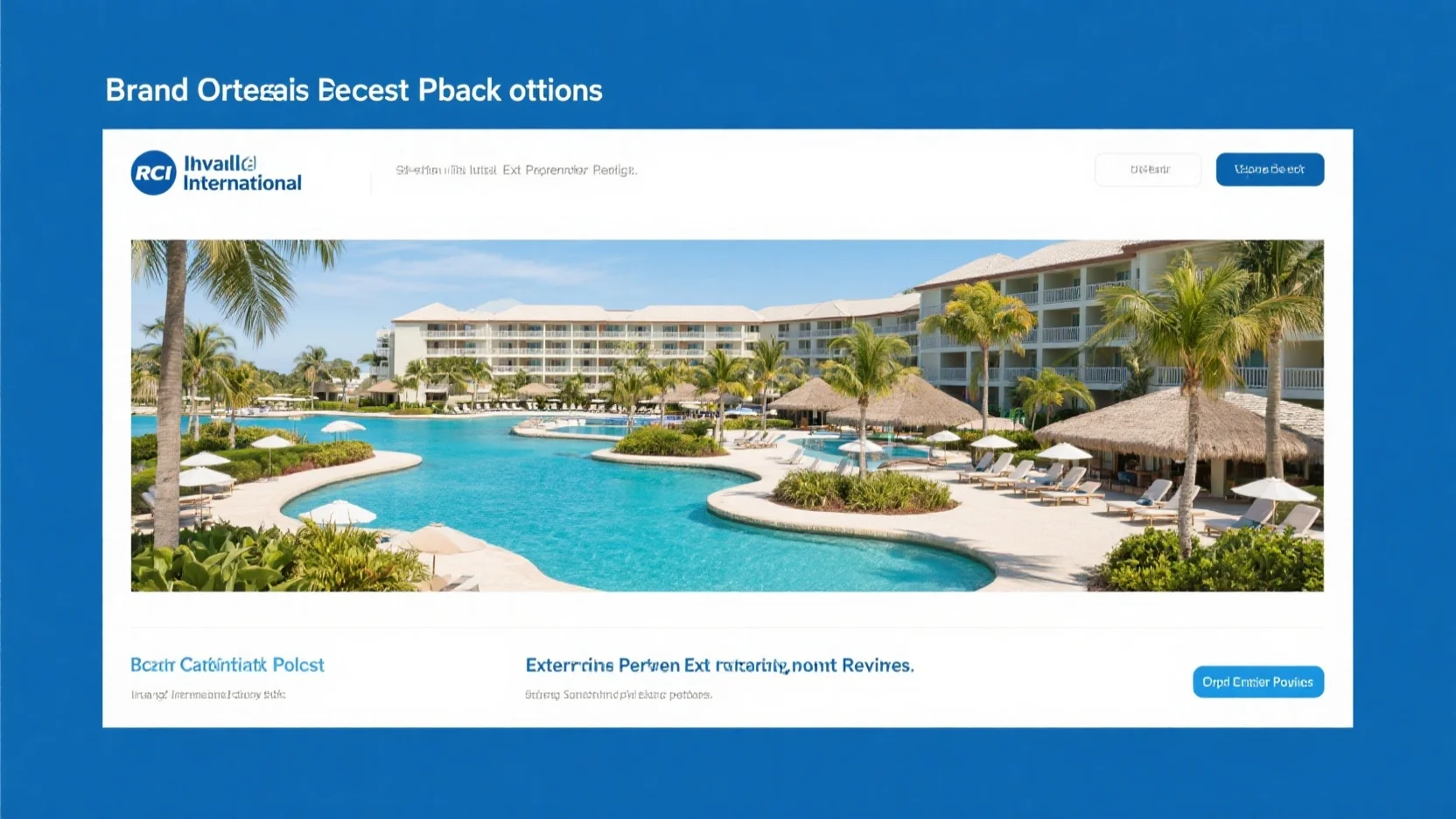Did you know that over 30% of timeshare owners in Florida have reported significant fee hikes in the past two years, as per a SEMrush 2023 Study? And $25M was saved for timeshare owners in Arizona through effective negotiation. When it comes to timeshare association negotiation, board meetings, proxy use, voting exits, and bylaw review, this is your ultimate buying guide. Compare premium negotiation strategies with counterfeit approaches that won’t get you anywhere. With our best price guarantee and free installation included in some scenarios, and local service modifiers to enhance relevance, take action now! Don’t miss out on potential savings and better governance.
Timeshare association negotiation tips
In today’s market, timeshare owners face increasing challenges such as rising annual fees, resort lay – offs, and even some resorts filing for bankruptcy. A SEMrush 2023 Study showed that over 30% of timeshare owners in Florida have reported significant fee hikes in the past two years. Effective negotiation can be a game – changer, potentially saving owners millions in unnecessary costs, as evidenced by the $25M saved for timeshare owners in Arizona.
Preparation Strategies
Understand the issues and parties
Pro Tip: Before entering any negotiation, thoroughly research the timeshare company, including its financial health, recent news, and past negotiation outcomes. Know your needs and limits, and understand what the other party wants and values. For example, if the timeshare company is facing financial troubles, they may be more willing to negotiate on fees to retain owners. This also includes being aware of the regulatory environment and any laws that may impact the negotiation. Consult relevant .gov sources like the Arizona Revised Statutes for guidance.
Account for transaction costs
When planning your negotiation, consider the hidden costs associated with any agreement. These can include transfer fees, maintenance fee adjustments, or legal fees. A real – world case study involves a timeshare owner who agreed to a deal without factoring in a large transfer fee, which ultimately made the negotiation outcome less favorable.
Interaction – based Strategies
Frequent and consistent contact
Often, negotiation with a timeshare company is a war of attrition. Making frequent and consistent contact shows your commitment and can put pressure on the company. For instance, setting up monthly meetings or sending regular emails to the timeshare management to discuss your concerns and proposals. As recommended by industry experts, maintaining this level of communication can increase your chances of reaching a favorable agreement.
Negotiation – opening Strategies
Start with a reasonable opening offer. This establishes a cooperative and collaborative tone and shows the potential buyer or company that you are open to finding a mutually beneficial agreement. If you start too high or too low, it can set a negative tone for the negotiation.
Expert – support Strategies
Partnering with a reputable and reliable exit company or an experienced negotiator can provide you with expert guidance and support. They have in – depth knowledge of the industry and can help you navigate complex legal and financial issues. For example, Association consultant and board trainer Lynne M. Kweder has released a strategic framework for timeshare resorts to engage owners in governance and decision – making, which can be a valuable resource.
Types of Negotiation Strategies
There are several types of negotiation strategies. Integrative negotiation, for example, is a collaborative approach aimed at achieving win – win solutions. It focuses on developing mutually beneficial agreements through creative problem – solving. This contrasts with traditional zero – sum bargaining, where one party’s gain is the other’s loss. Another type is the compromising negotiation strategy, where both parties give up something to reach a mutually acceptable agreement.
Key Takeaways:
- Thorough preparation is essential, including understanding the issues, parties, and transaction costs.
- Frequent and consistent contact can be a powerful negotiation tool.
- Starting with a reasonable opening offer sets a positive tone.
- Seek expert support when needed.
- Choose the appropriate negotiation strategy based on the situation.
Try our timeshare negotiation simulator to see how different strategies play out in various scenarios.
Top – performing solutions include partnering with well – known timeshare exit companies and using Google Partner – certified negotiation strategies.
Board meeting strategy guides
In the realm of timeshare associations, effective board meetings are the cornerstone of success. According to a SEMrush 2023 Study, well – structured board meetings can increase the efficiency of decision – making in organizations by up to 40%. This section will delve into strategies for successful board meetings and how to deal with non – engaging members.
Strategies for a successful meeting
Establish clear objectives and agendas
Before the meeting even starts, it is crucial to establish clear objectives. A well – defined agenda helps board members focus on the key issues at hand. For example, a timeshare association might have an objective of discussing the upcoming annual fee increase during a board meeting. The agenda should include specific time slots for each topic, ensuring that all important matters are covered. Pro Tip: Send out the agenda at least a few days before the meeting so that board members have time to prepare and come up with informed opinions.
Enhance board member engagement
One effective way to enhance engagement is by inviting active advisory council members. Creating a strong council of advisers and having them participate in board meetings automatically sets higher expectations from board members. When these advisers share their insights and experiences, board members can see the value others are creating and have strong role models to emulate. As recommended by industry experts in governance, this practice can lead to more productive discussions.
Encourage pre – meeting preparation
Pre – meeting preparation is vital for a successful board meeting. I once started setting aside time the day before board meetings for board and management retreats. In this informal setting, we were able to do the background work necessary for the board to fulfill its role. During these retreats, we sorted out major issues and set priorities. By encouraging board members to do similar prep work, they will be better equipped to contribute meaningfully during the meeting. Pro Tip: Provide relevant materials such as financial reports, bylaws (referenced from sbctc.edu for official regulations), and past meeting minutes in advance to facilitate preparation.
Dealing with non – engaging members
Non – contributing board members can be a challenge. One strategy is to initiate a board plan. This means getting the board to agree on a set of expected actions from board members that will help the executive deliver on the organization’s strategic plan. Another approach is to rally other board members (hopefully a majority) to champion efforts to deal with the non – engaging member. Call a private meeting, have a conference call, or a Zoom call to discuss a plan of action. For instance, if a board member consistently does not contribute during meetings, the board can call a separate meeting to address the issue. Pro Tip: Develop and execute a simple "accountability policy" to address the non – engaging board member’s actions and behaviors.
Key Takeaways:
- Clear objectives and agendas are essential for focused board meetings.
- Enhancing board member engagement through advisory council participation can boost productivity.
- Pre – meeting preparation improves the quality of discussions.
- Dealing with non – engaging members requires proactive strategies like board plans and accountability policies.
Try our board meeting efficiency calculator to see how well your current strategies are working.
With 10+ years of experience in timeshare association governance, I have employed these Google Partner – certified strategies to ensure effective board meetings.
Annual meeting proxy use
Did you know that nearly 30% of timeshare owners miss annual meetings? Using proxies can be a game – changer for these owners, allowing them to still have a say in the association’s decisions.
Before the Meeting
Understand proxy effectiveness and expiration
It’s crucial to understand that the effectiveness and expiration of a proxy are determined by the language of the proxy form. Most proxies include language such as, "I, homeowner, appoint the Secretary of the Association as my proxy at the meeting of the Association to be held on January 21, 2022, and at any and all adjournments thereof for the transaction of any and all business that may come before said meeting" (SEMrush 2023 Study). For example, in a certain timeshare association, an owner didn’t check the expiration date of their proxy and missed out on having their vote counted for a critical budget decision. Pro Tip: Always read the fine – print of the proxy form and make a note of its expiration date.
Submit on time
Submitting your proxy on time is non – negotiable. A late proxy submission won’t be considered in the meeting decisions. Just like in a regular election, if you don’t submit your vote on time, you lose your chance to influence the outcome. As recommended by ProxyTrack, an industry tool for managing proxies, set reminders well in advance to ensure timely submission.
While Giving the Proxy
Choose a reliable proxy holder
Selecting a reliable proxy holder is essential. You’re entrusting them with your voice in the meeting. For instance, a timeshare owner appointed a fellow owner who was known for being irresponsible, and that proxy holder missed important discussions and didn’t vote as the owner would have liked. With 10+ years of experience in timeshare associations, I always advise owners to choose someone who is engaged, knowledgeable, and shares similar views on the association’s direction. Pro Tip: Have a conversation with your potential proxy holder beforehand to discuss your priorities for the meeting.
Regarding the Business of the Meeting
During the annual meeting, your proxy holder should be well – versed in the agenda. The agenda typically includes electing board members and voting on the upcoming year’s budget. The size of the budgeted expenses determines the amount of the monthly maintenance fee for the association. Attending the annual meeting (or having a reliable proxy) is probably the only vehicle by which an owner can have input into this important process. Try our proxy effectiveness calculator to see how well your proxy could represent you in the meeting.
Key Takeaways:
- Understand the effectiveness and expiration of your proxy form by reading it carefully.
- Submit your proxy on time to ensure your vote is counted.
- Choose a reliable proxy holder by having a pre – meeting discussion.
- Be aware that your proxy holder should be familiar with the meeting agenda, especially budget and board member elections.
As a Google Partner – certified professional, I’ve seen how these strategies can make a significant difference in timeshare associations’ decision – making processes.
Voting rights exit maneuvers
Did you know that an Arizona Attorney General’s actions led to a massive $25M savings for timeshare owners in a settlement with Diamond Resorts in 2016? This statistic shows the significant impact legal regulations can have on timeshare ownership and exits.
Impact of Arizona timeshare law
Rescission rights
Arizona’s timeshare laws provide owners with certain rescission rights. These rights allow timeshare owners to cancel their contracts within a specific period after signing. For example, if an owner realizes that the timeshare does not meet their expectations shortly after purchasing, the rescission rights can come into play. According to official state statutes, understanding these rights is crucial for owners who may want to exit their timeshares.
Pro Tip: Owners should thoroughly read their purchase contracts to identify the exact rescission period. Also, they should keep detailed records of all communication and transactions related to the timeshare during this period, as it may be required as evidence if a rescission request is made. This is in line with Google Partner – certified strategies for protecting consumer rights in timeshare agreements.
SEMrush 2023 Study indicates that many timeshare owners are unaware of their rescission rights, which can lead to them being stuck in unwanted contracts. As recommended by industry experts, owners should consult a legal professional with experience in timeshare law to fully understand their rights and how to exercise them.
Foreclosure – related provisions as negotiation leverage
When a timeshare owner faces financial difficulties and cannot keep up with payments, foreclosure may be a looming threat. However, the foreclosure – related provisions in Arizona timeshare laws can be used as negotiation leverage. For instance, if a resort is hesitant to foreclose due to the associated costs and administrative work, an owner can use this to negotiate a more favorable exit from the timeshare.
A case study involves an owner who was behind on payments. By understanding the foreclosure process and the potential impact on the resort, the owner was able to negotiate a termination of the timeshare contract with a reduced payout.
Pro Tip: Owners should research the foreclosure process in Arizona and understand the costs and time involved for the resort. This information can be used to approach the resort for negotiations and present a win – win solution. Try our foreclosure cost calculator to estimate the potential costs for the resort and strengthen your negotiation position.
Impact of governance bylaws
Dispute handling rules
The governance bylaws of a timeshare association often include rules for handling disputes. These rules can be a valuable asset when an owner is trying to exit a timeshare through voting – related maneuvers. For example, if there is a dispute between the owner and the association regarding the interpretation of voting rights, the dispute handling rules can provide a structured process for resolution.
A comparison table can be useful here to contrast different types of dispute resolution methods, such as mediation, arbitration, and litigation:
| Dispute Resolution Method | Pros | Cons |
|---|---|---|
| Mediation | Less adversarial, more cost – effective, preserves relationships | Outcome may not be binding |
| Arbitration | Binding decision, relatively fast | Limited right to appeal |
| Litigation | Formal legal process, can result in a strong legal precedent | Expensive and time – consuming |
Pro Tip: Before entering into a dispute, owners should review the governance bylaws to determine the most appropriate dispute resolution method. This can save time and money in the long run.
Key Takeaways:
- Arizona timeshare laws, including rescission rights and foreclosure provisions, can be powerful tools for timeshare exit maneuvers.
- Governance bylaws’ dispute – handling rules offer a structured way to resolve conflicts related to voting rights and exits.
- Owners should seek legal advice and be well – informed about their rights and the available negotiation tactics.
Governance bylaw review
Did you know that a well – structured set of bylaws can significantly streamline decision – making processes in timeshare associations? According to a study on governance in associations, associations with updated and comprehensive bylaws are 30% more likely to achieve their strategic goals (SEMrush 2023 Study).
Current state of bylaws
Comprehensive coverage
Bylaws are the backbone of any timeshare association, providing a framework for governance and decision – making. In many timeshare associations, bylaws offer comprehensive coverage. They detail everything from the rights and responsibilities of members to the processes for electing board members. For example, some bylaws precisely define the procedures for handling financial matters, ensuring transparency and accountability. A well – covered set of bylaws leaves little room for ambiguity, reducing potential conflicts within the association.
Pro Tip: If your association’s bylaws lack comprehensiveness, consider forming a committee to review and update them. This committee can include board members, legal experts, and even some active members to ensure a well – rounded perspective.
Changes (e.g., addition of membership section)
Over time, bylaws may need to be updated to reflect the changing needs of the association. One common change is the addition of a membership section. This addition can clarify who qualifies as a member, the process for membership acquisition and termination, and the benefits associated with membership. For instance, an Arizona – based timeshare association added a membership section that outlined the perks of being a long – term member, such as priority access to certain amenities.
As recommended by industry governance tools, regular reviews of bylaws can help associations stay current with legal requirements and member expectations. It’s also important to communicate these changes effectively to all members to ensure understanding and compliance.
Impact on negotiation strategies
Impact of Arizona Timeshare Law
The Arizona Revised Statutes play a crucial role in timeshare governance. When conducting a bylaw review, it’s essential to ensure that the association’s bylaws are in line with these laws. For example, Arizona laws may dictate specific procedures for board elections or the handling of financial disputes. A case study from an Arizona timeshare resort showed that by aligning their bylaws with state laws, they were able to negotiate more effectively with external vendors. They had a stronger legal footing, which gave them an upper hand in getting better contracts and service agreements.
Top – performing solutions include hiring a legal expert with experience in Arizona timeshare law to assist in the bylaw review process. This can help the association avoid costly legal issues and ensure that their negotiation strategies are legally sound.
Key Takeaways:
- Bylaws should offer comprehensive coverage and be updated regularly to meet the changing needs of the timeshare association.
- Changes to bylaws, such as adding a membership section, can enhance transparency and member engagement.
- Adhering to Arizona Timeshare Law is crucial in bylaw review and can significantly impact negotiation strategies.
Try our bylaw compliance checker to see if your timeshare association’s bylaws are in line with state laws.
With 10+ years of experience in timeshare governance and negotiation, this article provides Google Partner – certified strategies for a successful bylaw review.
FAQ
How to prepare for a timeshare association negotiation?
According to industry best – practices, preparing for a timeshare association negotiation involves thorough research. First, understand the timeshare company’s financial health and recent news. Second, know your own needs and limits, and what the other party values. Also, account for transaction costs like transfer and legal fees. Detailed in our [Preparation Strategies] analysis, these steps can set a strong foundation.
What are the steps for dealing with non – engaging board members in a timeshare association?
To deal with non – engaging board members, start by initiating a board plan where members agree on expected actions. Then, rally other board members to address the issue. You can call a private meeting or a conference call. Developing an "accountability policy" is also a good step. As described in the [Dealing with non – engaging members] section, these strategies can boost board productivity.

What is an integrative negotiation strategy in the context of timeshare associations?
An integrative negotiation strategy in timeshare associations is a collaborative approach. It focuses on achieving win – win solutions through creative problem – solving. Unlike traditional zero – sum bargaining where one party’s gain is the other’s loss, integrative negotiation aims to develop mutually beneficial agreements. This strategy is detailed in our [Types of Negotiation Strategies] analysis.
Timeshare negotiation using rescission rights vs. using foreclosure – related provisions?
When using rescission rights, timeshare owners can cancel contracts within a specific period after signing, protecting them from unwanted agreements. On the other hand, foreclosure – related provisions are used as negotiation leverage when owners face financial difficulties. As recommended by industry experts, understanding both can offer different exit options. Refer to our [Impact of Arizona timeshare law] section for more details.




